Category: Campaigning for change
Stay up to date with Oxfam’s various campaigns.
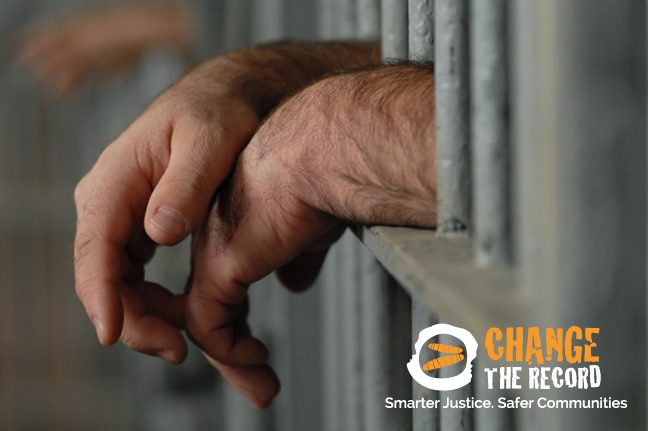
A shocking record on Indigenous incarceration
/
It’s a shocking record – one that’s devastating lives and tearing communities apart. Aboriginal and Torres Strait Islander people are 13 times more likely to be imprisoned than non-Indigenous people. Arrente man Des Rogers’s story is an all-too-common one. Imprisoned at the age of fourteen, Des was “thrown back into a world of hopelessness” and […] Read more »
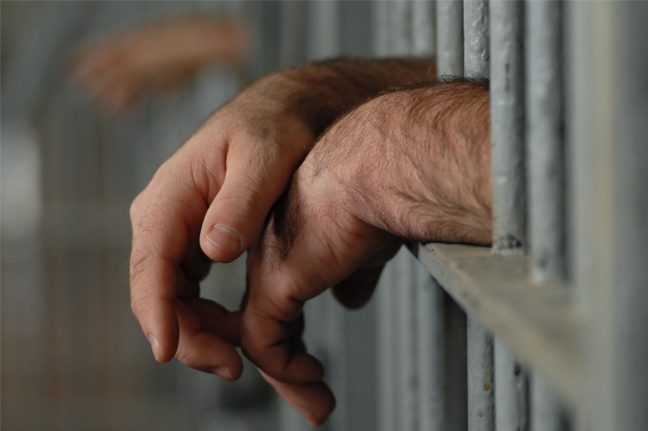
Time to change the record on Indigenous justice
/
This month marks the 24th anniversary of the tabling of the Royal Commission into Aboriginal Deaths in Custody report in federal parliament. Next year the report will be a generation old. We should reflect on what has been done to change the landscape of the criminal justice system for Aboriginal and Torres Strait Islander people. Read more »
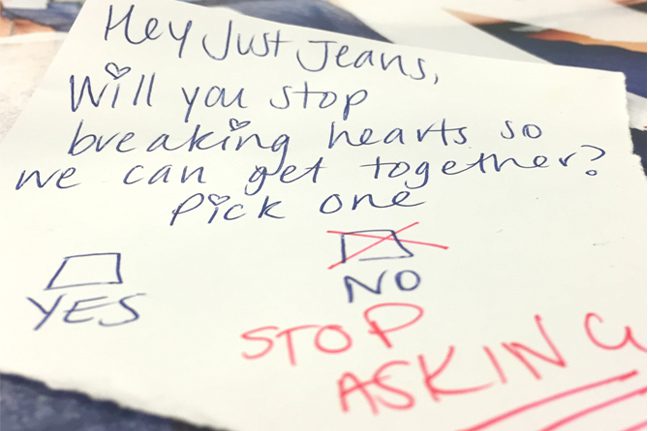
Just Jeans have a response for you
/
In the last week, thousands of Australians have asked Just Group a simple question: “When are you going to stop breaking hearts and sign the Bangladesh Fire and Building Safety Accord?” Their response? Not happening. Stop asking. Read more »

Stop the #heartbreakers
/
Australians love denim. 670,000 tonnes of the stuff in 2014 alone and with a $56 billion price tag. That’s a lot of cheddar, and a whole lot of denim. For the last two years we have pressured ten of the country’s largest garment manufacturers to sign the Bangladesh Fire and Building Safety Accord — but two companies refuse to sign. Read more »
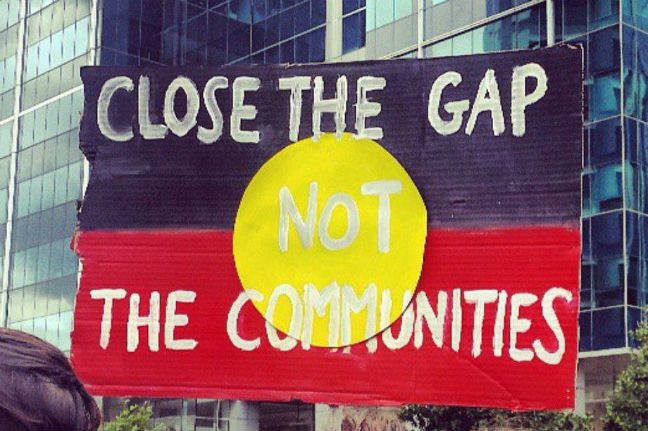
What did I learn from National Close the Gap Day?
/
The crisis facing Indigenous health has a long and complex history. While events like National Close the Gap Day bring the issue of Indigenous health equality to the public eye, the fight for health equality still continues. Tom Widdup, Close the Gap National Lead, shares his reflections after National Close the Gay Day 2015. Read more »
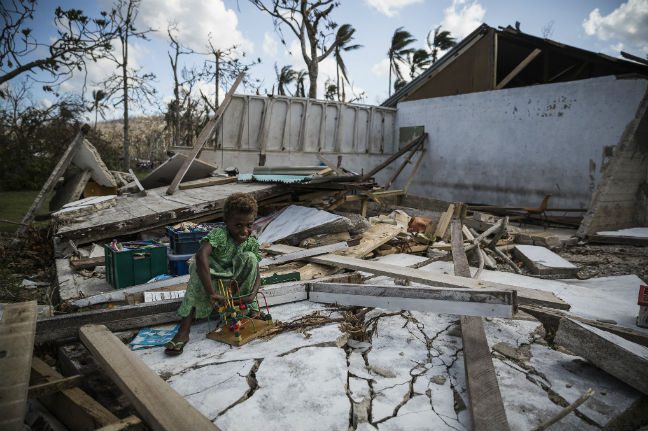
Meeting the global climate challenge: What would a fair contribution from Australia look like?
/
In December, the world will come together to finalise a new global climate agreement. Well before negotiators land in Paris to hammer out the details, countries must announce their provisional targets for the post-2020 period, when the new agreement will take effect. Read more »
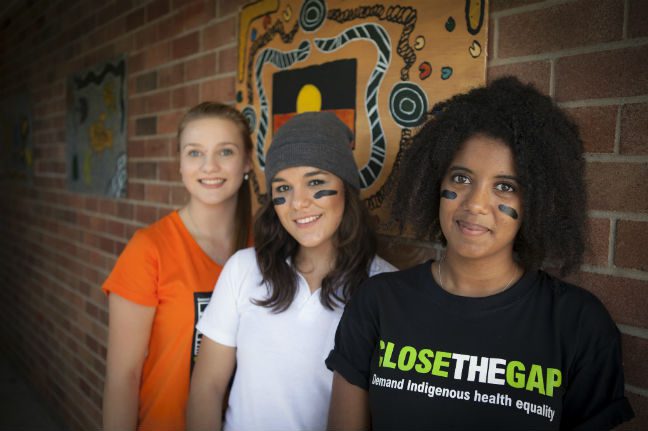
Can one student’s Instagram post change the world?
/
In its second year, the Close the Gap Instagram competition received more than 140 entries from across the nation. And when you hear the stories of our winners, it’s clear the challenge is much more than mucking around on social media, or even being heard on issues of national importance. Read more »

Battle of the Brands: the annual scorecard update
/
Twice a year, Oxfam takes a look at publically available information on the agricultural sourcing policies of the top ten food and beverage companies. We assess how well the top 10 companies are performing on our seven themes: transparency, women, workers, farmers, land, water, and climate. Want to see how your favorite brands did? Read more »
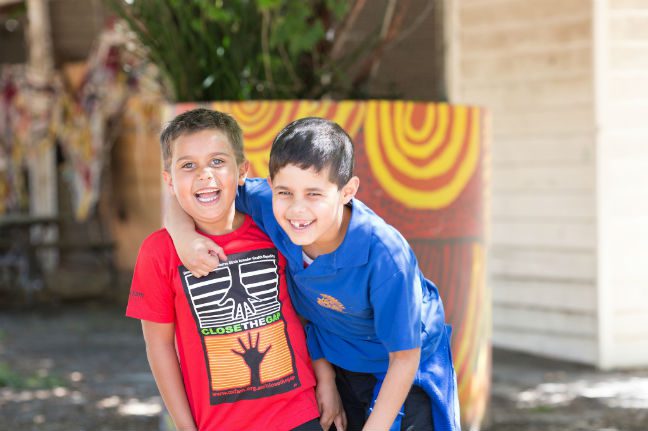
Aboriginal health equality is possible by 2030
/
Today is National Close the Gap Day, an important day to make your voice heard. With adequate funding, Aboriginal health equality is possible by 2030. Join the thousands who today, are demanding Indigenous health equality within a generation. Read more »
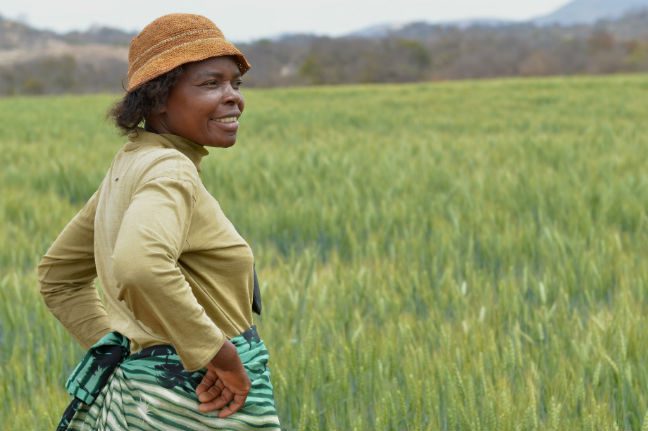
Women leading the fight against climate change
/
Climate change affects us all, but it often impacts women the hardest. In many parts of the world it tends to be women who grow the family’s food, fetch fuel and water, and bring up the children. It’s women who are most likely to be in harm’s way when disaster strikes. So when clean water becomes harder to find during a drought, or when crops are destroyed by floods, it’s often up to women like Ipaishe to find solutions. Read more »